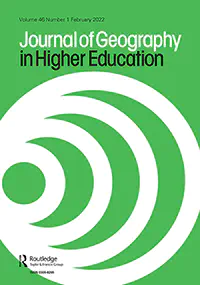Are Housing Wealth Effects Asymmetric in Booms and Busts?: Evidence from New Zealand
 Image credit: Unsplash
Image credit: UnsplashAbstract
This paper investigates the effects of household indebtedness and housing wealth on consumption. To identify exogenous movements of housing wealth and leverage, we estimate housing supply elasticities for New Zealand urban centers. We construct synthetic panel series by using household survey data to estimate the marginal propensity to consume out of exogenous changes in housing wealth, while controlling for the household leverage ratio. Our empirical results show that, on average, the marginal propensity to consume out of housing wealth is about 3 cents out of one dollar. But it is larger, about 4 cents, in response to falling house wealth than to increasing housing wealth, about 2 cents. We further investigate the role of household indebtedness in accounting for the asymmetric effect. Our findings suggest that household leverage reinforces the housing wealth effect in a housing bust, but dampens the housing wealth effect in a boom.
Supplementary notes can be added here, including code, math, and images.